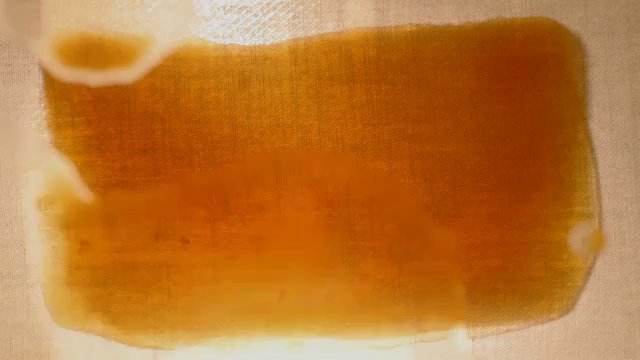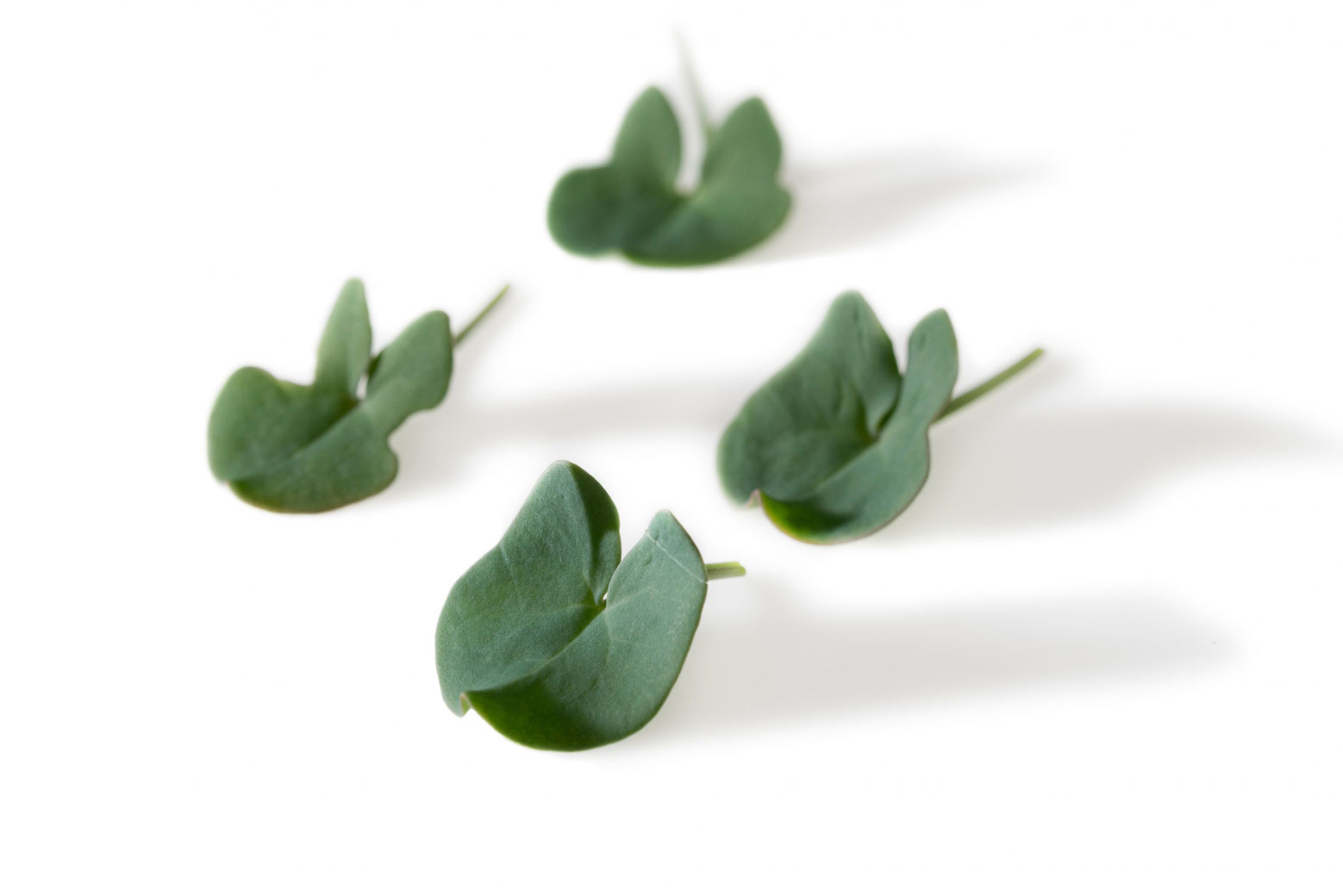I + D
Seawater vegetable gardens
27/03/2007
Language shapes our reality. When we talk about plants, we automatically picture the kind that grows in gardens and fields. Few of us think about sea gardens and the diversity of saltwater-loving plants.
Since 2007 Porto-Muiños, a Galician company that specializes in studying, popularizing and marketing seaweed, has helped Mugaritz develop several research projects aimed at understanding and using saltwater products not typically found on the dinner table. Porto-Muiños and Mugaritz share the Atlantic seaboard and a penchant for responsible foraging in a unique ecosystem. Together we’ve searched for interesting varieties of wild sea vegetables, tasted dishes and chosen what to serve our guests at Mugaritz.
The coastline is constantly reshaped by the forces of nature, worn away by salt and water, creating cliffs, dunes and salt marshes, each offering unique seawater plants with surprising culinary potential.
It’s curious how halophytes – herbs that grow in salty soil – adapt to the environment. Their high tolerance to salt makes them naturally tasty and perfect for use in the kitchen. You might say that they’ve already been ‘dressed’.
Most of them are the salty equivalent of continental plants. Just as there are wild and cultivated varieties of inland plants like spinach, thistles, rushes, oxalis and chard, coastal plants in the same genus but different species have subtle differences in taste and texture (saltier and sometimes chewier).
In order to domesticate and produce seaweed for the table, Porto-Muiños designed a unique horticultural system which simulates the natural habitat conditions of these plants, resulting in a collection of seawater herbs with fascinating culinary applications. They’ve also brought out a limited-edition beer based on halophytes called Sustrai (“root” in Basque), in partnership with Craft Brewery Casasola.



